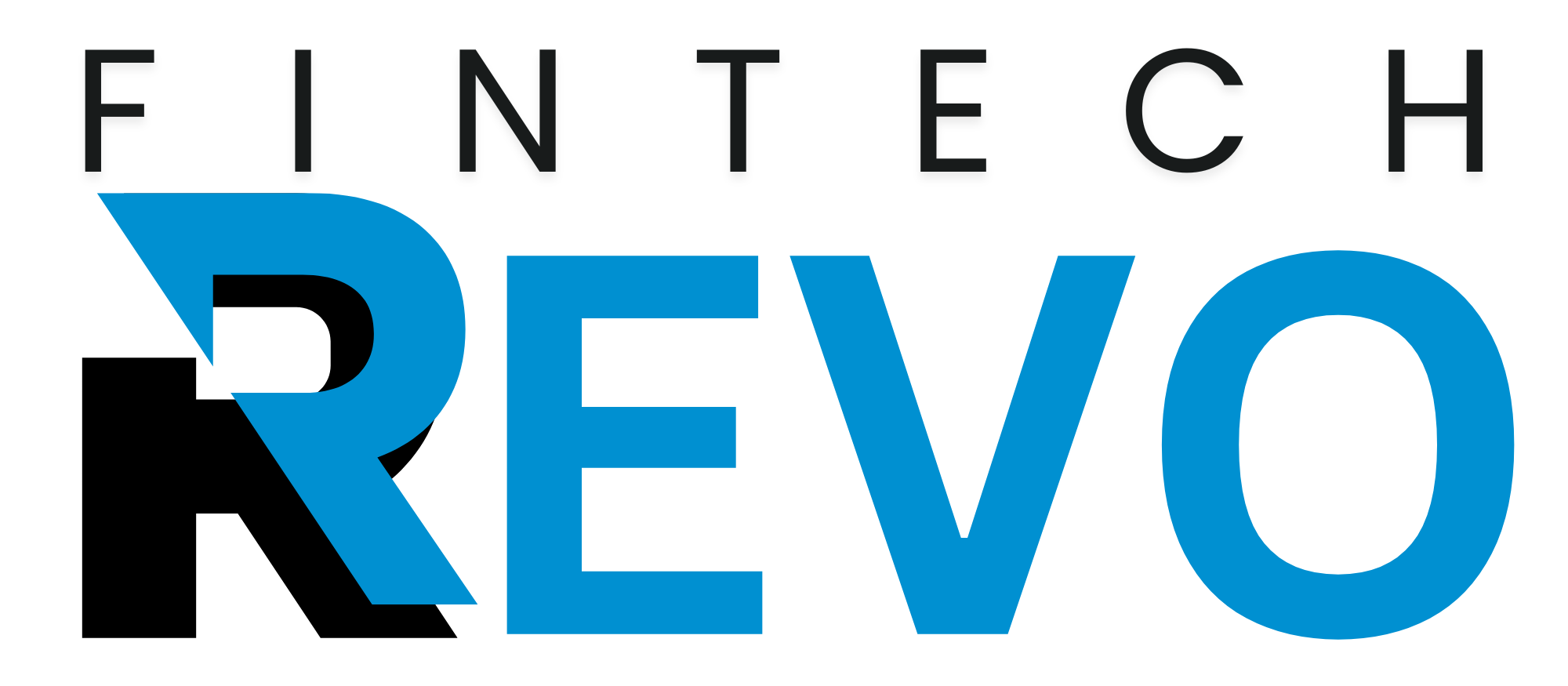Managing the financial side of a healthcare practice can be just as demanding as treating patients. With frequent coding updates, insurer changes, and compliance rules, even well-organised clinics can struggle to keep claims clean and cash flow steady. That’s where professional medical billing services come in. Outsourcing these tasks can save time, reduce administrative stress, and ensure your revenue cycle stays healthy.
In this guide, we’ll go over the leading medical billing companies making a difference in 2026. Whether you run a single-provider clinic or a multi-specialty group, this list covers trusted names with proven expertise.
10 Best Medical Billing Companies 2026
| Rank | Company | Key Strengths | Best For |
| 1 | Athenahealth | Cloud-based billing & RCM platform | Large practices and health systems |
| 2 | AdvancedMD | All-in-one EHR and billing integration | Small to mid-sized clinics |
| 3 | DrChrono | Mobile-friendly EHR + billing | Ambulatory and telehealth providers |
| 4 | Kareo | Simplified billing software | Solo practitioners |
| 5 | CareCloud | Full RCM and practice management | Multi-specialty groups |
| 6 | R1 RCM | Enterprise-level billing | Hospitals and large physician networks |
| 7 | MedCare MSO | AR recovery & credentialing | Growing or complex practices |
| 8 | Healthcare Administrative Partners (HAP) | Specialised coding & consulting | Niche specialties |
| 9 | Medical Billers & Coders (MBC) | Experienced multi-specialty service | Established clinics |
| 10 | Aegis Healthcare Solutions | Comprehensive billing support | General and family practices |
1. Athenahealth
Athenahealth has built a strong reputation for its cloud-based medical billing and practice management system. Its end-to-end platform covers everything from charge entry and claim submission to denial management and patient collections.
Why practices choose Athenahealth:
- Centralised data for multiple locations
- Real-time claim tracking and financial reporting
- Proven reduction in accounts receivable days
Best for: Clinics seeking scalability and automation, especially multi-specialty groups or healthcare networks.
2. AdvancedMD
AdvancedMD combines billing, scheduling, and electronic health records into one integrated system. It’s ideal for practices that prefer a unified workflow instead of juggling multiple vendors.
Notable strengths:
- Streamlined coding and claims tracking
- Detailed analytics to identify revenue bottlenecks
- Dedicated account managers for ongoing support
Real-world advantage: Clinics often report faster reimbursement and better cash flow after moving from in-house billing to AdvancedMD’s managed services.
3. DrChrono
DrChrono blends EHR and billing into a seamless experience. Designed for mobility, it’s widely used by practices offering telemedicine or operating across multiple locations.
Key highlights:
- Mobile app integration for on-the-go access
- Automated eligibility verification
- Transparent claim status updates
Who it suits: Practices that want cloud accessibility and prefer handling billing and patient management on a single digital platform.
4. Kareo
Kareo’s software simplifies billing for small medical practices. It’s particularly known for being user-friendly and cost-effective while maintaining robust billing features.
Advantages:
- Easy onboarding and minimal training required
- Built-in reporting dashboards
- Good customer service for smaller teams
Practical example: Solo practitioners often appreciate Kareo’s affordability and transparency, as it helps them focus more on patient care rather than complex billing tasks.
5. CareCloud
Previously known as MTBC, CareCloud offers a powerful mix of revenue cycle management, EHR, and practice management tools. It’s built to support high-volume practices.
Why it’s trusted:
- Customised workflows for diverse specialties
- Built-in analytics for financial forecasting
- Scalable platform that grows with your practice
Ideal for: Clinics expanding operations or integrating multiple specialties under one system.
6. R1 RCM
R1 RCM is one of the largest revenue cycle management providers in the U.S. It handles everything from charge capture and coding to claims processing and collections for hospitals and large medical groups.
Key strengths:
- Enterprise-level infrastructure and automation
- Deep payer network relationships
- Excellent compliance and audit controls
Who benefits most: Healthcare organisations managing high claim volumes or multiple service lines.
7. MedCare MSO
MedCare MSO focuses on complete billing solutions, including credentialing, AR recovery, and denial management. It’s recognised for helping practices reduce claim rejection rates and maintain compliance.
Service highlights:
- 24/7 billing and support teams
- Specialisation across 50+ medical fields
- Proven track record in revenue recovery
Best fit: Mid to large practices looking for a reliable extension of their internal billing department.
8. Healthcare Administrative Partners (HAP)
HAP is known for its expert billing and consulting services. Their team helps practices identify inefficiencies and improve billing accuracy—especially in complex fields like radiology or pathology.
Advantages:
- Experienced certified coders
- Compliance-oriented approach
- Strategic revenue optimisation advice
When to consider HAP: If your practice needs both billing help and ongoing consulting to streamline revenue management.
9. Medical Billers & Coders (MBC)
With decades of experience, MBC supports practices of all sizes with professional billing, coding, and AR management. Their team works closely with providers to maintain clean claim rates and improve reimbursement cycles.
Why MBC stands out:
- Established processes for multiple specialties
- Emphasis on transparency and detailed reporting
- High client retention through consistent performance
Perfect for: Long-established clinics that need stability and reliability in their billing operations.
10. Aegis Healthcare Solutions
Aegis Healthcare Solutions offers comprehensive revenue cycle support for healthcare providers across the U.S. Their services include claims processing, follow-ups, coding audits, and financial reporting.
Distinct features:
- Flexible pricing options (percentage or fixed fee)
- Regular performance reporting
- Transparent claim communication channels
Suitable for: Practices seeking personalised service and cost-effective billing management.
How to Choose the Right Billing Partner
Selecting a billing partner is a strategic decision. Here’s what to look for when evaluating your options:
- Specialty expertise – Make sure the company understands your field’s specific codes and payer rules.
- Performance metrics – Ask about first-pass claim acceptance rates, average AR days, and denial percentages.
- Transparency – You should have access to clear reports and dashboards showing financial performance.
- Technology integration – Confirm compatibility with your existing EHR or PMS.
- Security compliance – Ensure HIPAA compliance and data protection measures are in place.
- Customer support – Reliable, responsive support makes a big difference during claim disputes.
- Scalability – Choose a partner that can handle future growth without performance issues.
- Cost structure – Understand whether fees are fixed, percentage-based, or a mix of both.
Final Thoughts
A good medical billing company does more than process claims—it keeps your revenue cycle healthy, ensures compliance, and helps your practice grow sustainably. The firms listed above each bring unique strengths, so your ideal choice depends on your size, specialty, and workflow needs.
Whether you’re a solo physician or part of a large healthcare system, the right billing partner can help you spend less time on paperwork and more time caring for patients.
Source: FinTech Revo .com
Important Questions
How much do professional medical billing companies typically charge healthcare practices?
Most billing firms charge between 3% and 9% of monthly collections, depending on claim volume, specialty complexity, and additional services such as credentialing or denial management. Some also offer fixed-fee structures for small clinics that prefer predictable costs.
Can outsourcing medical billing improve a practice’s cash flow and reduce claim denials?
Yes. Reputable billing partners use certified coders, claim-scrubbing technology, and payer-specific edits to minimise denials. This increases first-pass acceptance rates and shortens the average days in accounts receivable, directly improving cash flow.
What compliance standards should a medical billing company follow?
A trustworthy company follows HIPAA privacy and security regulations, employs secure data-transfer protocols, and maintains regular internal audits. They also stay current with payer policy updates and ICD-10 or CPT coding revisions to prevent compliance breaches.
How long does it take to transition from in-house billing to a professional billing provider?
The transition period usually ranges from 30 to 90 days, depending on data migration, system integrations, and staff training. Practices with large patient databases or multiple locations might need additional onboarding time to ensure smooth claim processing.
Do medical billing companies offer specialty-specific services for different types of healthcare providers?
Yes. Many leading providers customise workflows for specialties such as cardiology, dermatology, orthopaedics, behavioural health, radiology, and telemedicine. Tailored services help maintain accurate coding, higher reimbursement rates, and compliance with specialty-specific payer rules.






